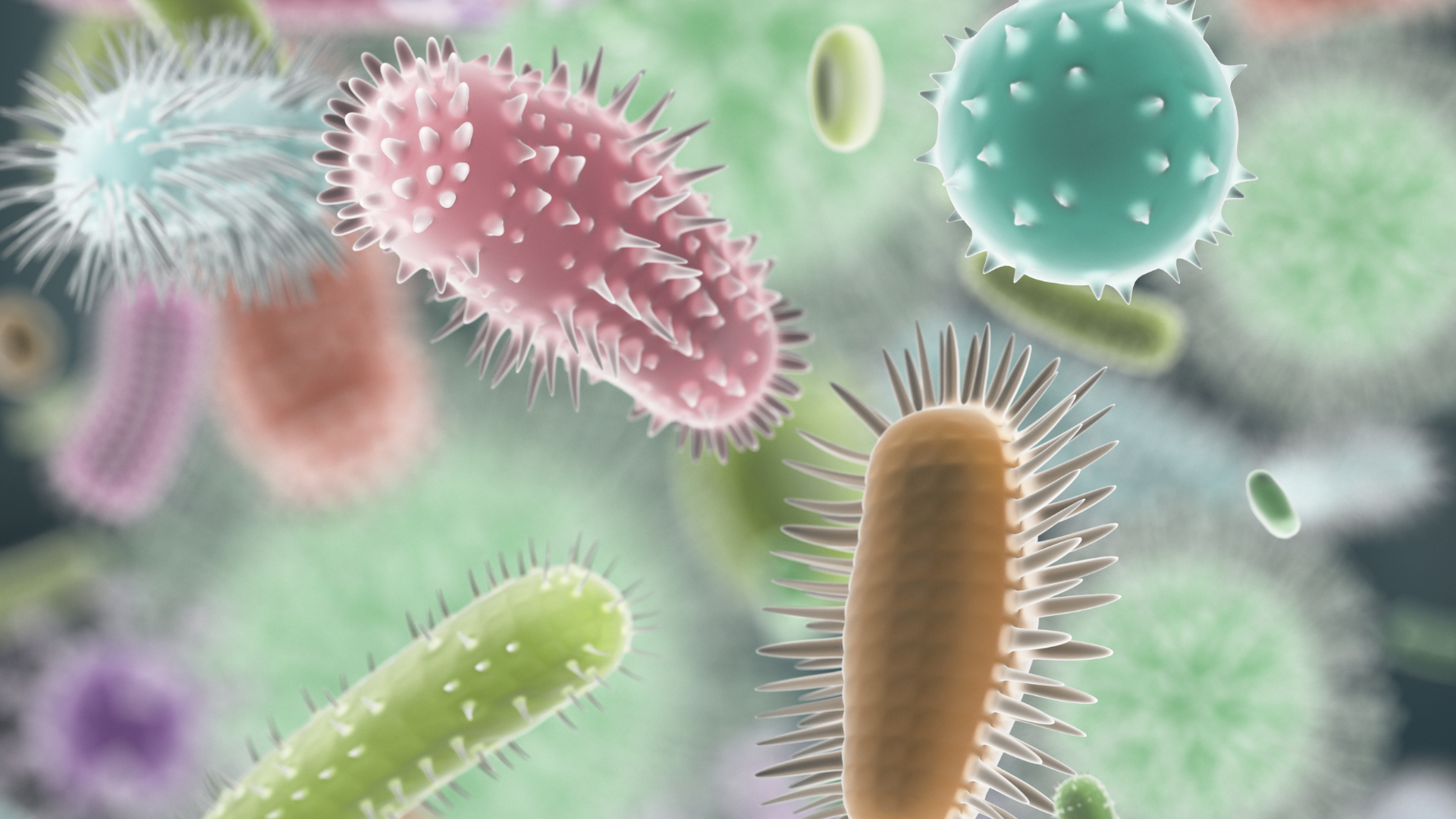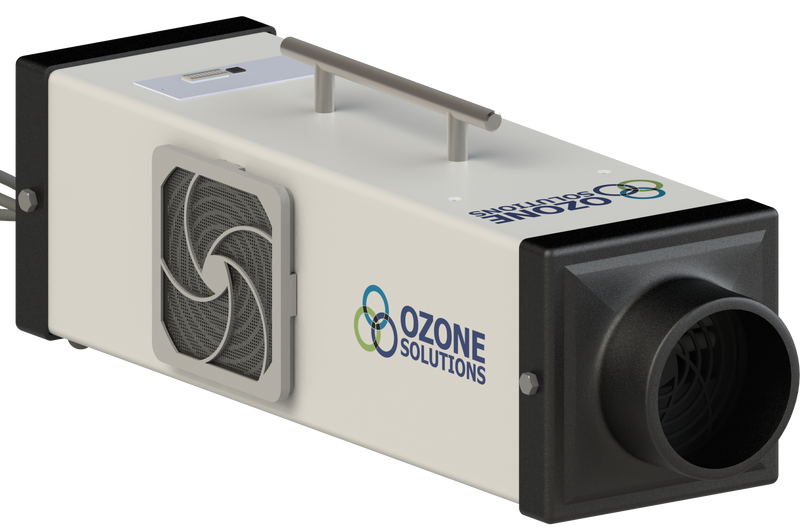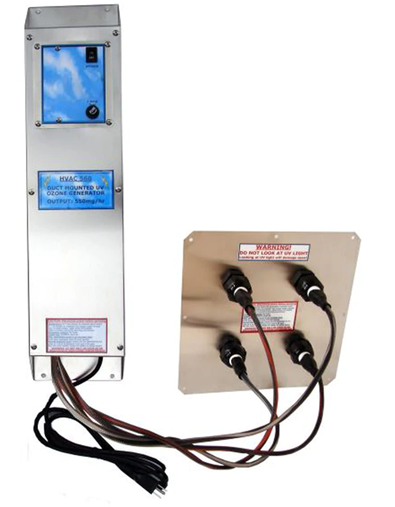Air Treatment and Odor Control with Ozone
Airborne contaminants and odors can come from various sources. Some can be annoying, while others can negatively impact health. Other traditional cleaning methods like additional ventilation, UV light, or air purifiers do not work. In commercial or industrial settings, these contaminants or odors can also affect the safety and performance of employees.
Benefits for Air Treatment and Odor Control with ozone
 Safe
Safe- Fast Acting
- Sustainable
- Eliminates Odor
- HVAC Systems are Automated
- Improve Air Quality and Work Environment
Ozone is able to be used in many applications to improve air quality, including odor control in industrial settings, food storage applications, medical care facilities, greenhouses, barns, and more. Ozone can efficiently and effectively disinfect large air volumes by removing viruses, bacteria, pathogens, and molds. Primary methods of treating a space with ozone are shock treatment and continuous low-level treatment with HVAC Mounted Systems.
Shock Treatment
The most common treatment for residential and commercial applications is shock treatment. Shock treatment uses an ozone generator to create high ozone levels in an enclosed, controlled room or building. The process can take minutes or hours, depending on the room size and the generator output. For safety reasons, the affected area must be unoccupied for the duration of the exposure and a short period afterward to allow the excess ozone to dissipate. Due to the short-term need for this treatment, we recommend a rental unit.
HVAC Mounted
This system uses an ozone generator specifically designed to be mounted inside the ducts of an HVAC near the furnace or A/C system. It is ideal for use in buildings with ductwork air handling systems. An HVAC ozone system produces consistently low ozone levels, acceptable for human-occupied spaces. Monitors will ensure the levels remain far below OSHA regulations. This system continually sterilizes the air, while overall disinfection takes more time.

Effectiveness of ozone on bacteria and viruses
A bacteria reduction of 99.99 % (a 4-log reduction) is attainable for most applications. When a higher deactivation grade is required, exposure time can be increased, or dosage may be increased. Check out our post on ozone's effect on pathogens.
Depending on the specifications of the bacteria or virus, the treatment time and ozone concentration are adapted to reach the desired log reduction. After finishing treatment, ozone decomposes into oxygen naturally.
Ensure you get the right solution to your specific needs
| Common Systems Used For Air Treatment and Odor Control | ||
|---|---|---|
| DR Series Ozone Units | HVAC Systems | AirZone |
 |  |  |
| Works well in high humidity environment | Duct mounted ozone generator | Creates ozone from ambient air - Just plug it in! |
| High flow fans | Easy installation into an existing duct system | Can distribute ozone in up to 4 separate zones |
| Low maintenance | Super Sterilized air | Web-based monitoring, datalogging and compliance reporting program |
| Portable and lightweight | Decreased pathogen and bacteria in air | Variable ozone generation from 0-40g/hr |
| DR Series | HVAC Systems | A600 |
